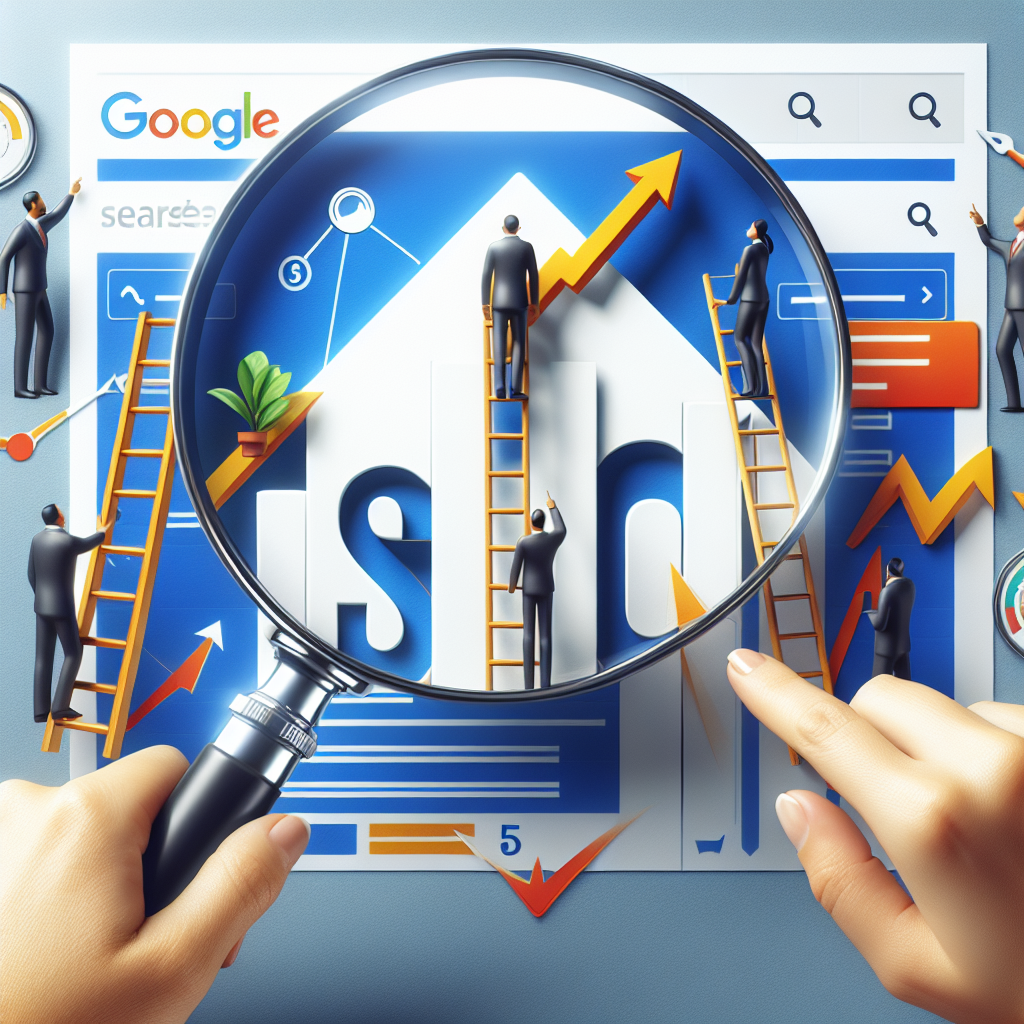When it comes to optimizing your website for search engines, there are two main strategies that you need to focus on: on-page SEO and off-page SEO. Both of these strategies are crucial for improving your website’s visibility in search engine results pages (SERPs) and driving organic traffic to your site.
On-Page SEO
On-page SEO refers to the optimization of individual web pages in order to rank higher and earn more relevant traffic in search engines. This includes optimizing your content, meta tags, headings, images, and internal links. On-page SEO is all about creating high-quality, user-friendly content that is optimized for specific keywords that your target audience is searching for.
One of the most important aspects of on-page SEO is creating high-quality content that provides value to your audience. Google’s algorithm prioritizes websites that provide useful and relevant information to users, so it’s important to create content that answers their questions and solves their problems.
Off-Page SEO
Off-page SEO, on the other hand, refers to the actions taken outside of your own website to impact your rankings within search engine results pages. This includes building backlinks from other websites, social media marketing, and influencer outreach. Off-page SEO is all about building authority and credibility for your website by getting other reputable sites to link back to yours.
Backlinks are one of the most important factors in off-page SEO. When other websites link back to yours, it signals to search engines like Google that your site is trustworthy and authoritative. The more high-quality backlinks you have pointing to your site, the higher you will rank in search engine results pages.
Why It Matters
Both on-page and off-page SEO are essential for improving your website’s visibility in search engine results pages. While on-page SEO focuses on optimizing individual web pages for specific keywords, off-page SEO focuses on building authority and credibility for your website through external sources.
By combining both on-page and off-page SEO strategies, you can improve your website’s visibility in search engine results pages and drive organic traffic to your site. This will help you attract more visitors, generate leads, and ultimately increase sales for your business.
In Conclusion
Both on-page and off-page SEO are crucial components of a successful digital marketing strategy. By optimizing individual web pages with high-quality content and building authority through backlinks from other websites, you can improve your website’s visibility in search engine results pages and drive organic traffic to your site.
If you’re looking to improve your website’s ranking in Google and attract more visitors, it’s important to focus on both on-page and off-page SEO strategies. By doing so, you can increase brand awareness, generate leads, and ultimately grow your business online.

Leave a Reply